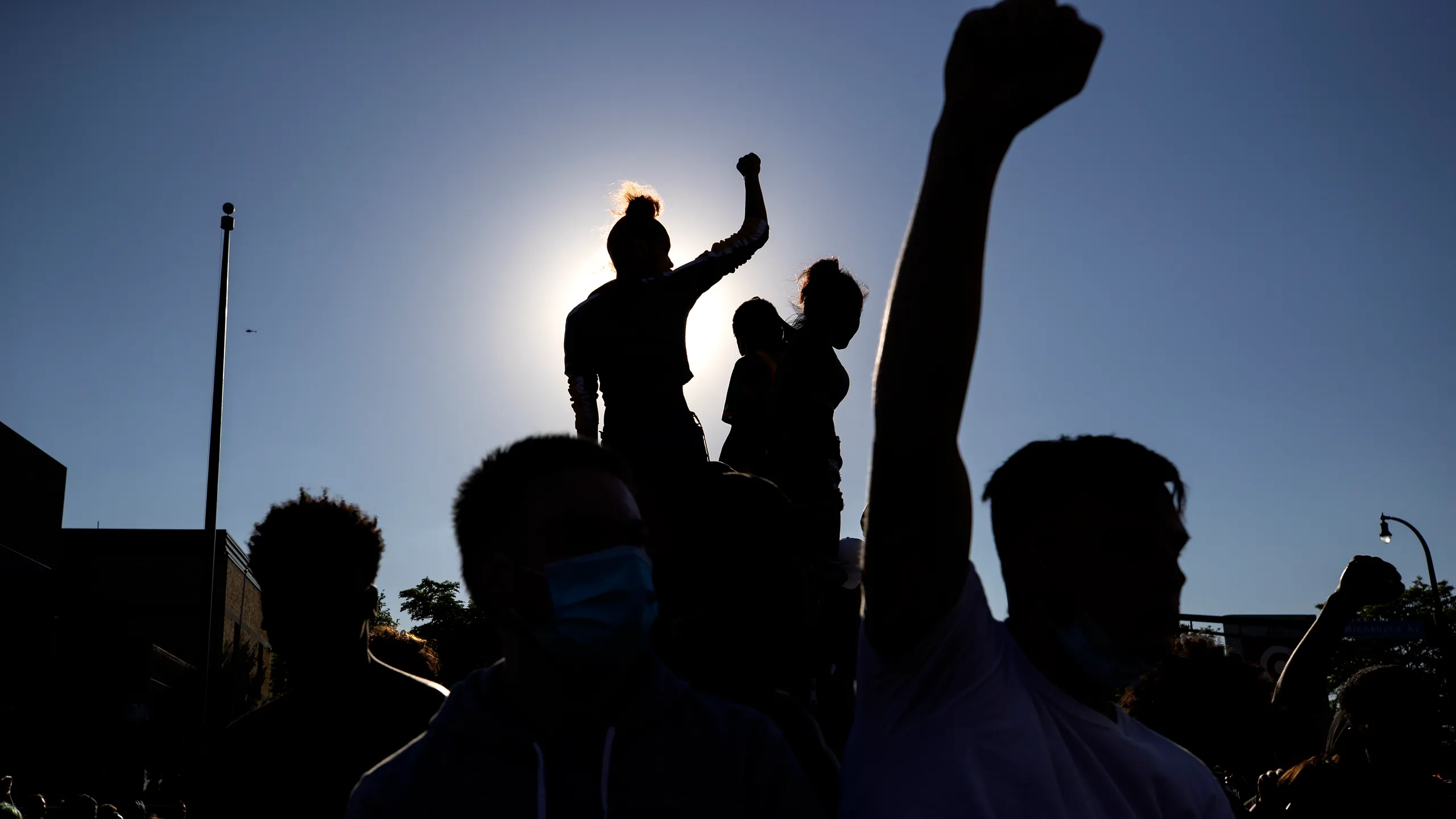The African Diaspora Forum (ADF), a coalition representing migrant communities, has accused Zimbabwe, the host of the upcoming SADC Heads of State Summit, of disregarding the rights of its citizens and those of other SADC member states to protest and raise awareness of ‘concerning’ issues in their countries.
These remarks follow ADF’s condemnation of the Zimbabwean government’s crackdown on civil society and opposition members, which has resulted in violence, torture, and abductions of activists as authorities seek to suppress dissent ahead of the SADC Heads of State Summit, set to begin on August 17, 2024, in Harare.
ADF Executive Director Nqabutho Nicholas Mabhena stated that the Zimbabwean government appears to be ignoring the constitutional right of Zimbabweans to demonstrate, pointing out that such protests are not uncommon ahead of significant events like the SADC summit, as they have occurred in other member states.
“These demonstrations are not unique to Zimbabwe. I participated in a demonstration in Eswatini when it hosted the SADC Heads of State Summit, and civil society organisations from across the region also held their civil society summit,” Mabhena said.
“These demonstrations are part of the preparatory process, and the Zimbabwean government is overreacting.”
Mabhena highlighted that civil society and political parties in SADC have the right to demonstrate, adding that a petition is currently circulating in Eswatini asking Zimbabwe and other countries to support them in drawing attention to the brutality occurring there.
The ADF official noted that it was expected that demonstrations would take place in Harare.
“However, the Zimbabwean government, detached from these realities, mistakenly believes the demonstrations are intended to embarrass them,” he said.
Mabhena added that Zimbabweans have the right to protest against the conduct of the 2013 elections, which they believe did not comply with SADC guidelines for democratic elections in the region.
“Zimbabweans are raising these issues with the SADC members, saying that while you are here, these are the matters we want you to address,” he said.
He also stated that the demonstrations aim to address how Zimbabwe can rebuild its economy, as other SADC member states are dealing with migration challenges, particularly South Africa.
“Opposition leaders and civil society members are asking how SADC can assist Zimbabwe in rebuilding. However, the Zimbabwean government interprets these protests differently, seeing them as an embarrassment.”
Mabhena claimed the ruling Zanu PF party feels nervous and fearful of protests because it has lost the support of the working class since 2000.
He added that Zanu PF intimidates rural voters to secure their support, knowing it is not popular among the broader population.
“There is a history of election rigging, and Zanu PF doesn’t want to be exposed because they see these protests as an embarrassment,” the ADF official said.
“We are dealing with a government that has lost the support of the people. It has no clue how to rebuild the economy but wants to present a picture that Zimbabwe is a peaceful country where everyone supports the ruling party, which is not the case.”
Mabhena also noted that if Zanu PF had the support of its citizens, there would not be a large exodus of young people leaving the country.
“The government is clueless, so it feels embarrassed and doesn’t want to allow these protests. We know about the role Emmerson Mnangagwa played in the 1980s genocide. They are trying to intimidate the opposition and civil society leaders to prevent these protests,” he said.
Mabhena acknowledged that while some people do vote for Zanu PF, they are in the minority.
“The election process is not a one-day event but a long process. Food distribution is done along party lines, and people are forced to join Zanu PF. If you don’t become a member, you won’t receive farming inputs or food parcels during a drought,” he stated.
“Chiefs in rural communities act as commissars for Zanu PF, intimidating people to vote for the party when elections come. You can’t vote for a party that brutalizes its citizens.”
Mabhena added that Zanu PF secures votes through intimidation, describing it as a “deep military state” where the populace is coerced into voting for the party.
“How else can you explain that in 2017, in just one week, members of Zanu PF were celebrating the firing of Mnangagwa as deputy president, and a week later, they were singing his praises?” he questioned.
“It’s clear that the people have no control, but certain individuals, what you might call the deep state, do.”
Meanwhile, the ADF official noted that industrialisation should be a top priority for SADC leaders at the summit.
“SADC leaders must stress the importance of Zimbabwe rebuilding its economy, abandoning neoliberal policies that have devastated it. Zimbabwe needs to stop corruption, build industries, and focus on production,” Mabhena concluded.

